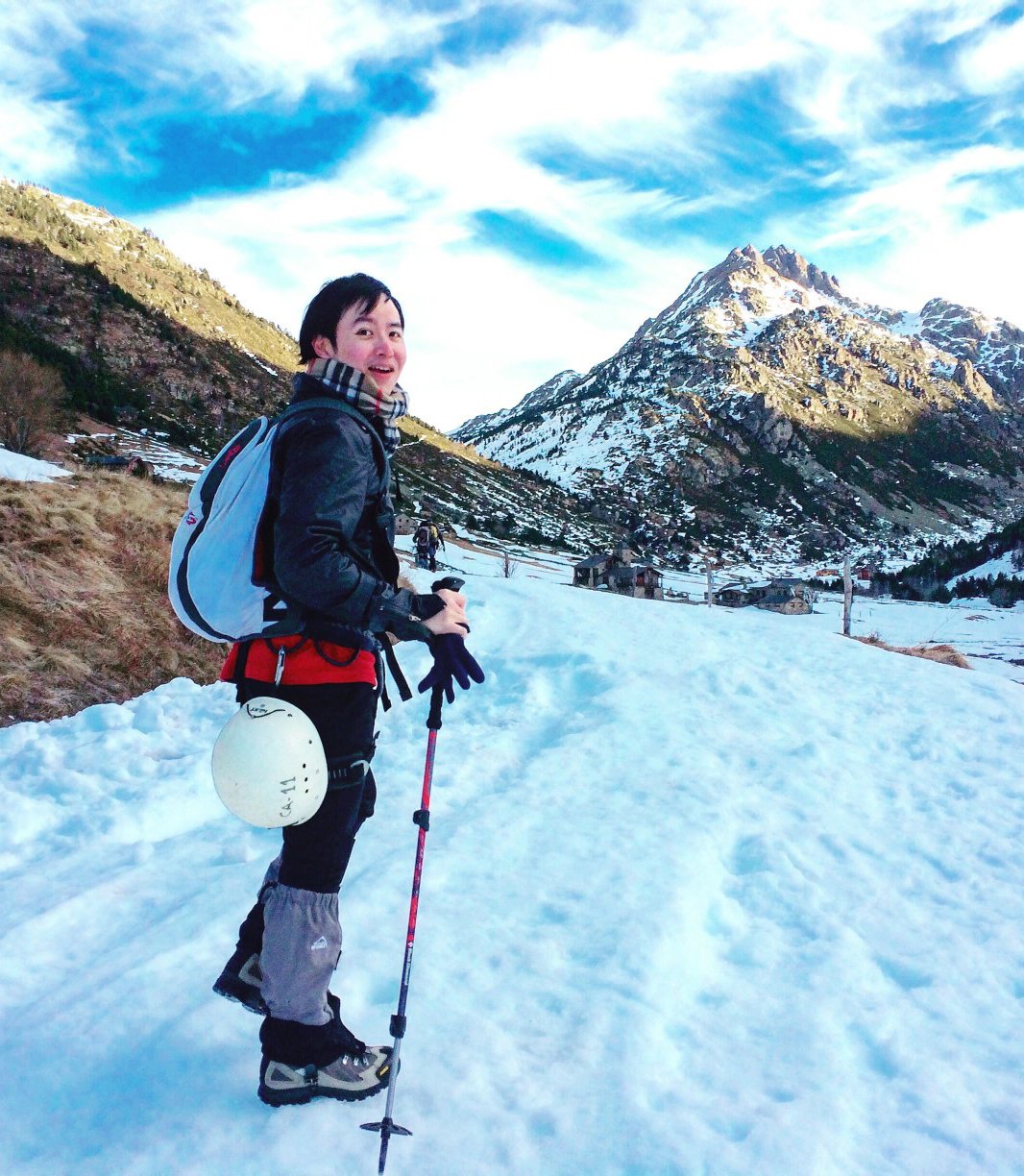
Andorra
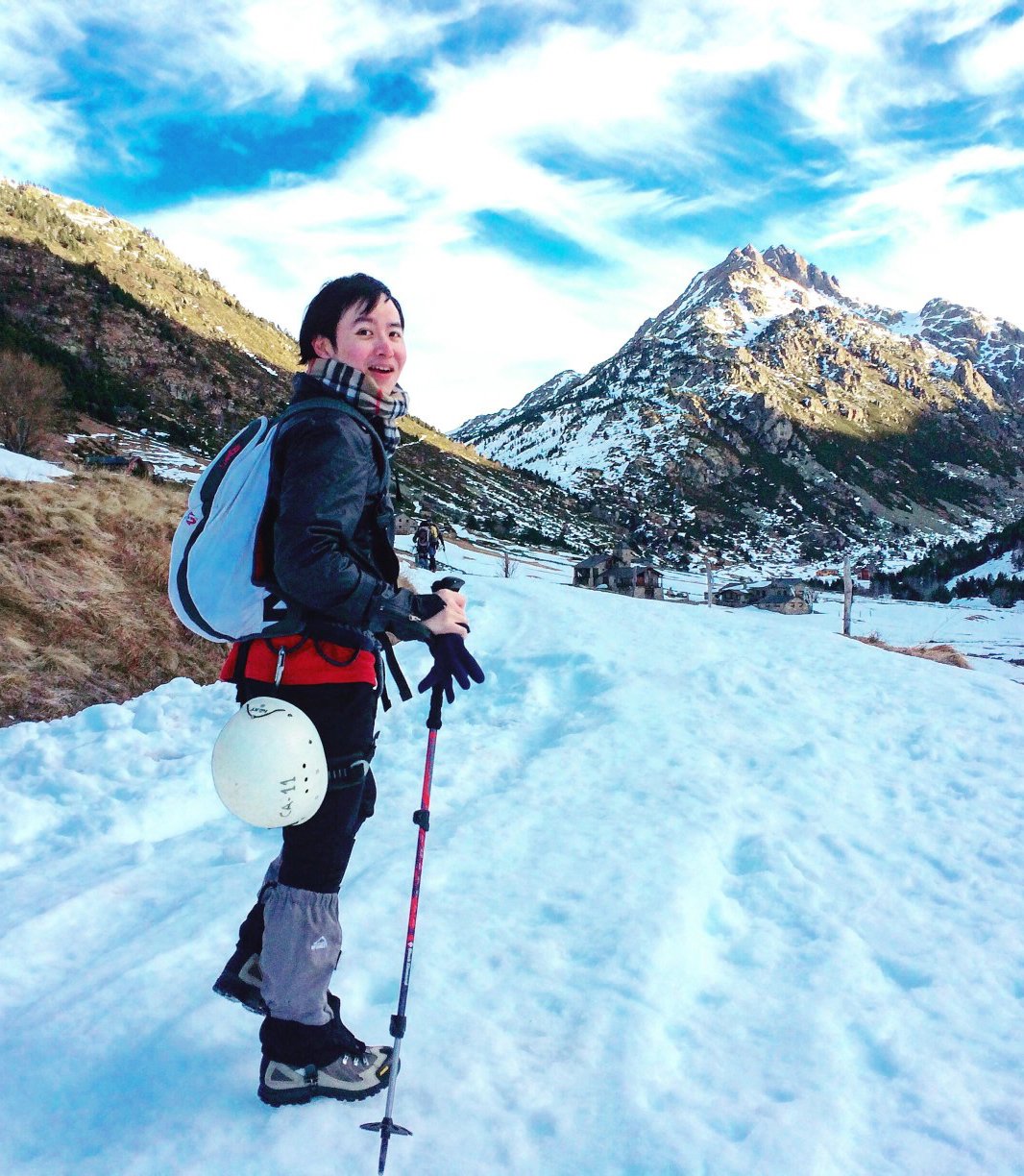
Capital: Andorra la Vella
Sometimes called a microstate, this teeny, tiny, landlocked nation situated between France and Spain in the Pyrenees Mountains has been called "the ugliest country in Europe." Ouch. That said, Andorra's known for the best skiing in the Pyrenees, so tourism keeps this Catalan-speaking nation's economy afloat.
Brunei
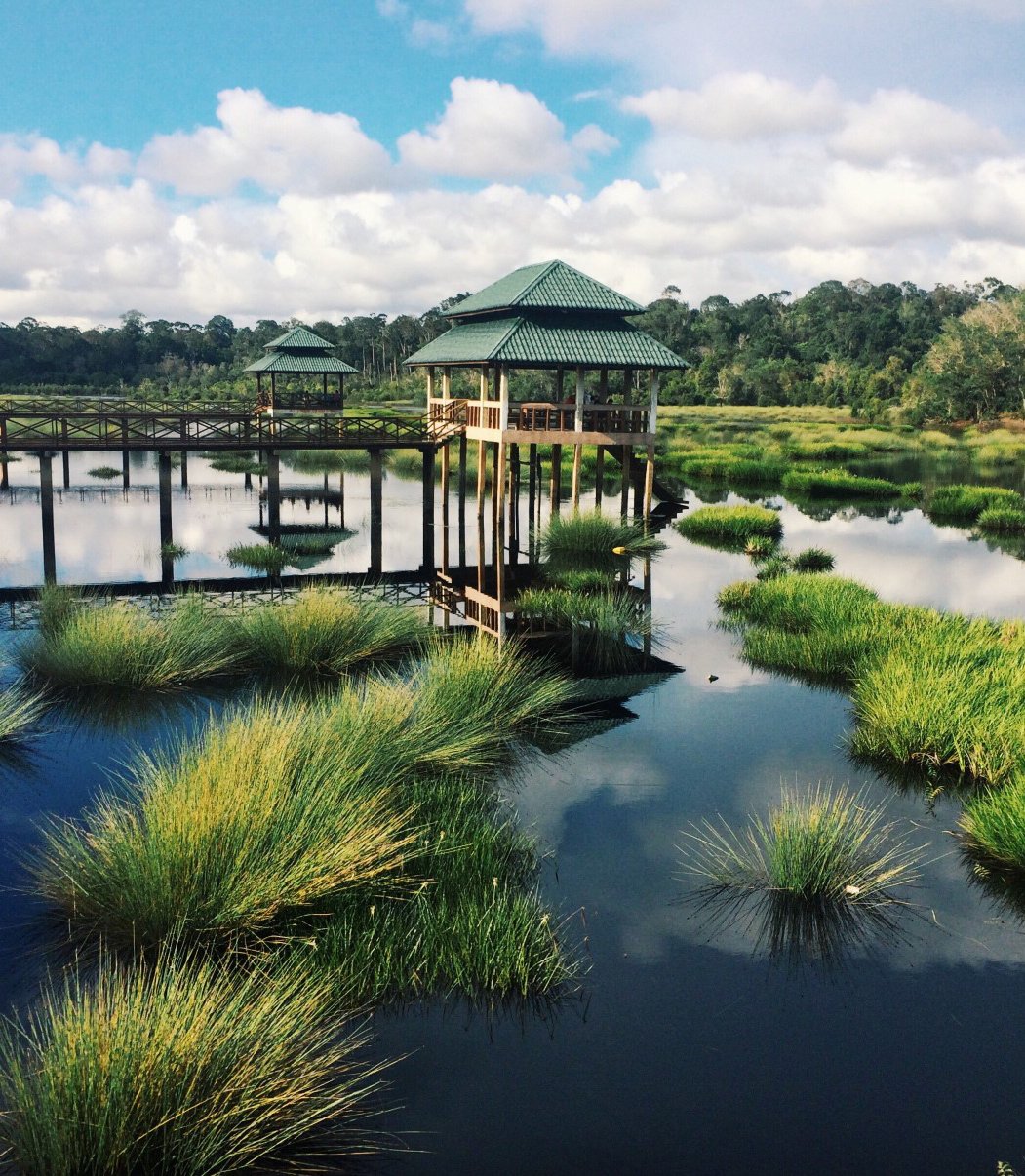
Capital: Bandar Seri Begawan
This tiny nation in the South China Sea, made up of two separate enclaves on the island of Borneo, has been called "the richest little nation you've never heard of." The wealth stems from rich oil and gas deposits, which have (ahem) fueled one of the highest standards of living in the world—although the recent downturn in the oil market has hit the nation hard.
Cabo Verde
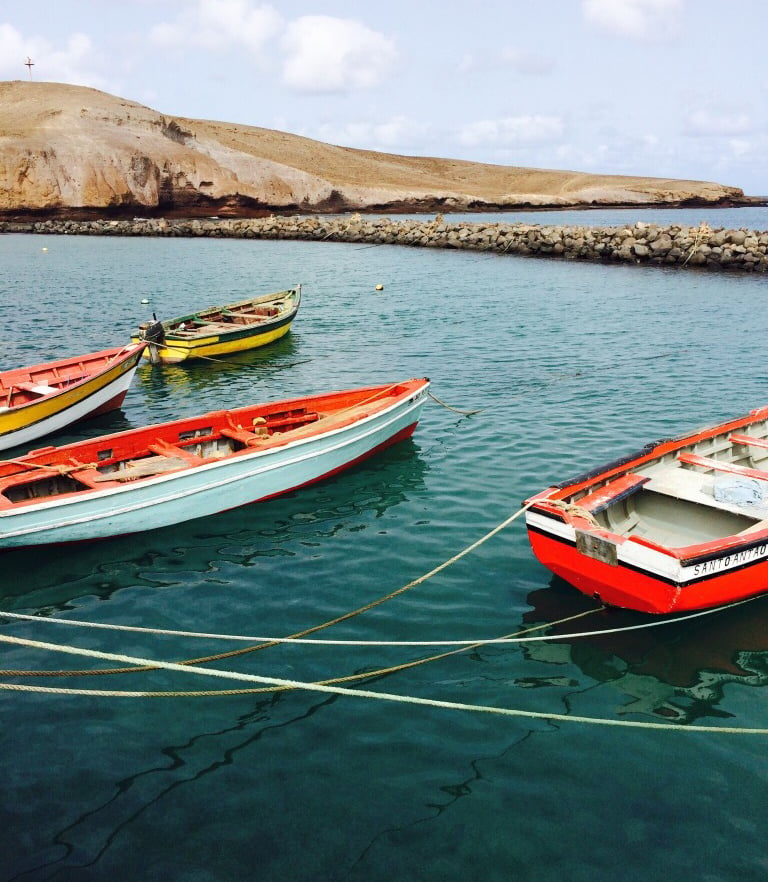
Capital: Praia
This nation of islands, 300 miles off the coast of Senegal, was formerly a Portuguese colony and part of the Transatlantic slave trade. Today, it's known for its unique brand of hospitality, called "morabeza"—an easy-going, languid friendliness that translates loosely into something between the Hawaiian "aloha" and the Portuguese "saudade."
Comoros
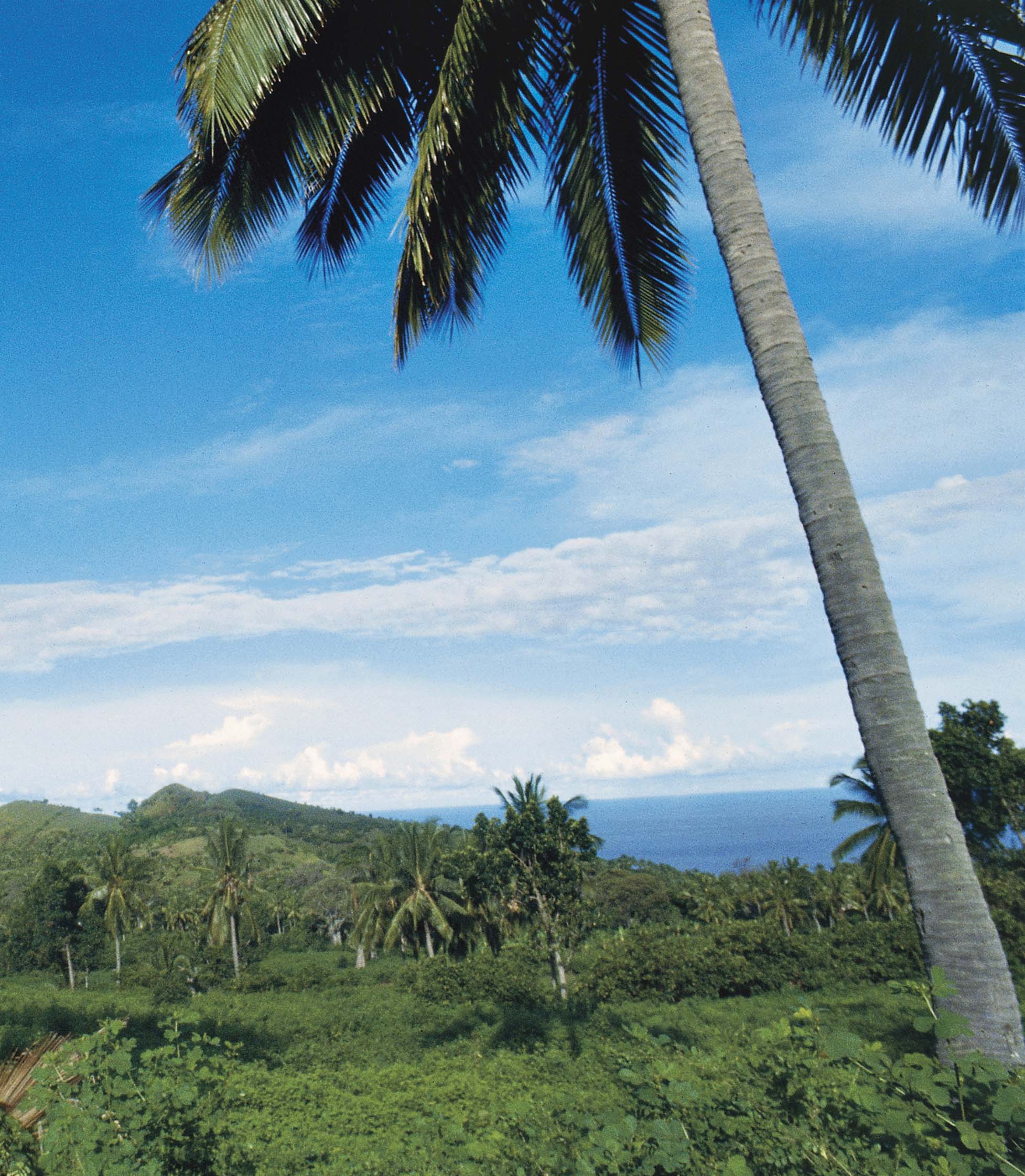
Capital: Moroni
A collection of islands in the Indian Ocean, 200 miles off the East Coast of Africa, in what is called the Mozambique Channel, Comoros is one of the poorest nations in the world and home to one of the world's largest active volcanoes, Mount Karthala. The capital, Moroni, translates to "in the heart of the fire." Comoros is known for its pristine white-sand beaches and its tumultuous political history—there have been upwards of 20 coups since the country first gained its independence from France.
Djibouti
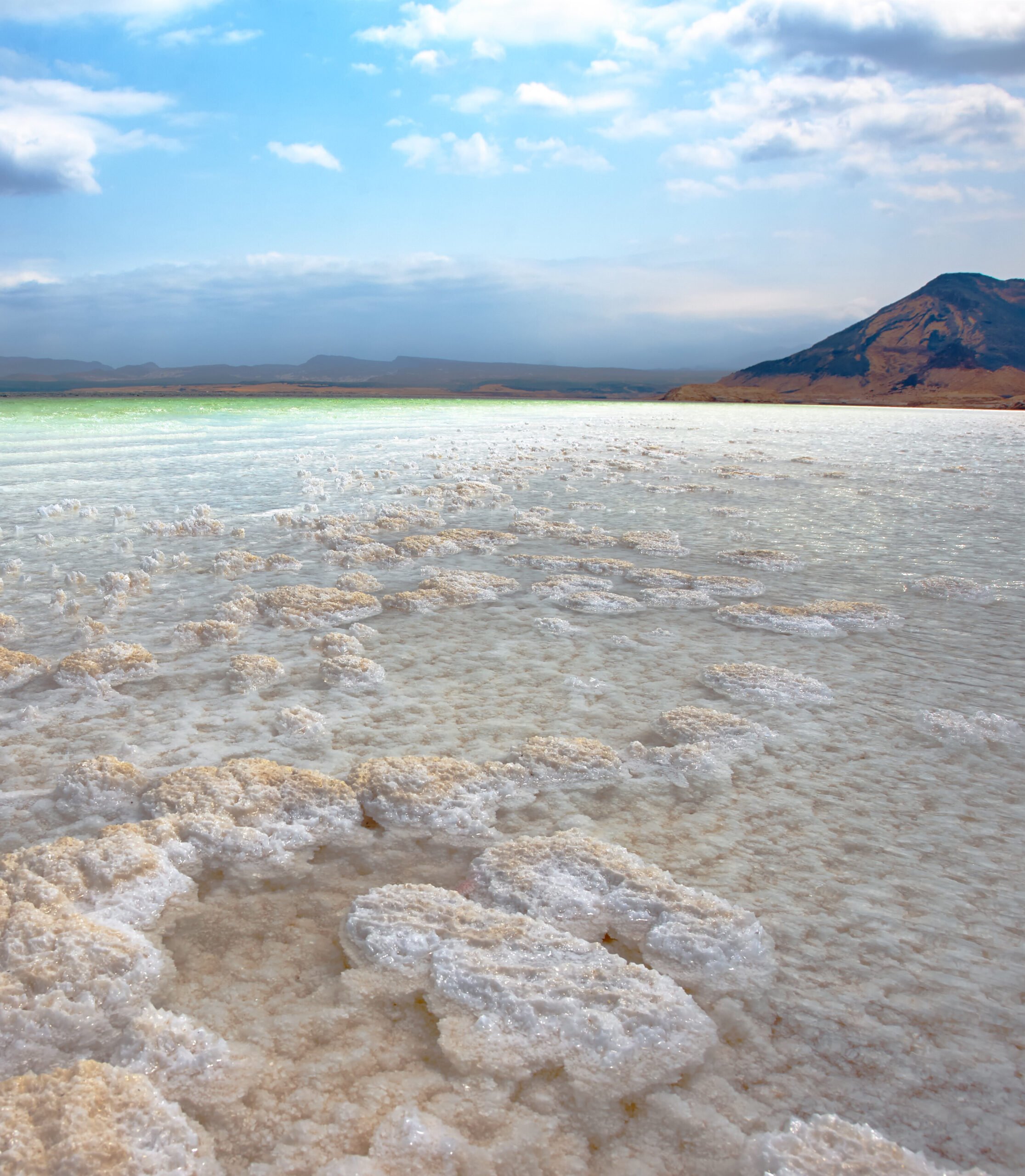
Capital: Djibouti
From its enviable position on the Horn of Africa, Djibouti is a petite but surprisingly important country, especially when it comes to trade. (Ninety-five percent of the goods coming in to and out of Ethiopia, for example, come through a Djibouti port.) Named a top travel destination for 2018 by Lonely Planet, in no small part for its unique landscapes, Djibouti is poised to become a destination that you WILL hear of.
Gabon
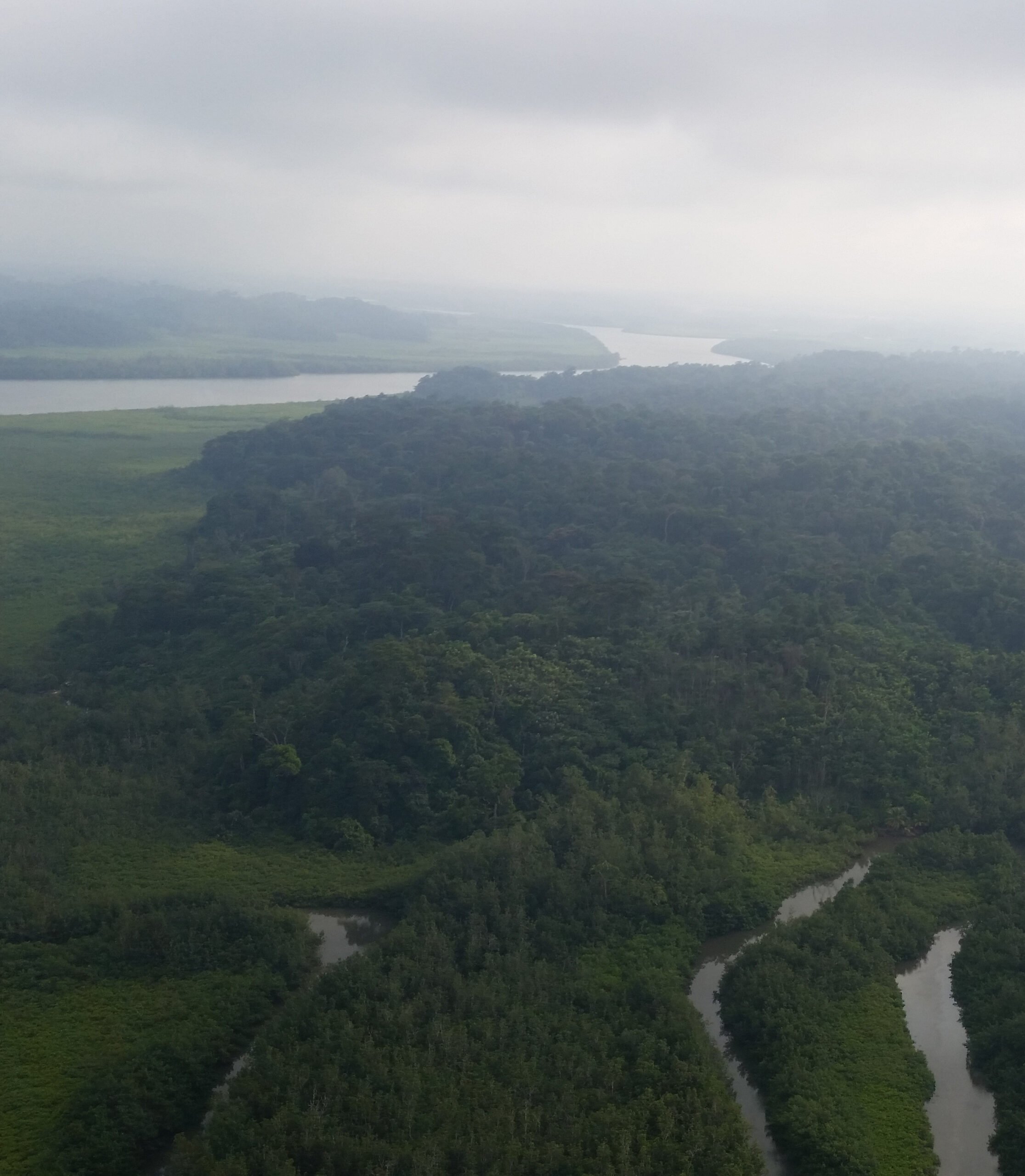
Capital: Libreville
A major oil-producing country in West Africa, Gabon has enjoyed a relatively stable history, which lets people focus on its other natural resource: its forests. More than 80 percent of Gabon's land is forest, and of that, 11 percent is protected national parkland. It's home to the largest population of forest elephants in the world (and, tragically, with that, a vast network of illegal ivory poaching and trade).
Guinea-Bissau
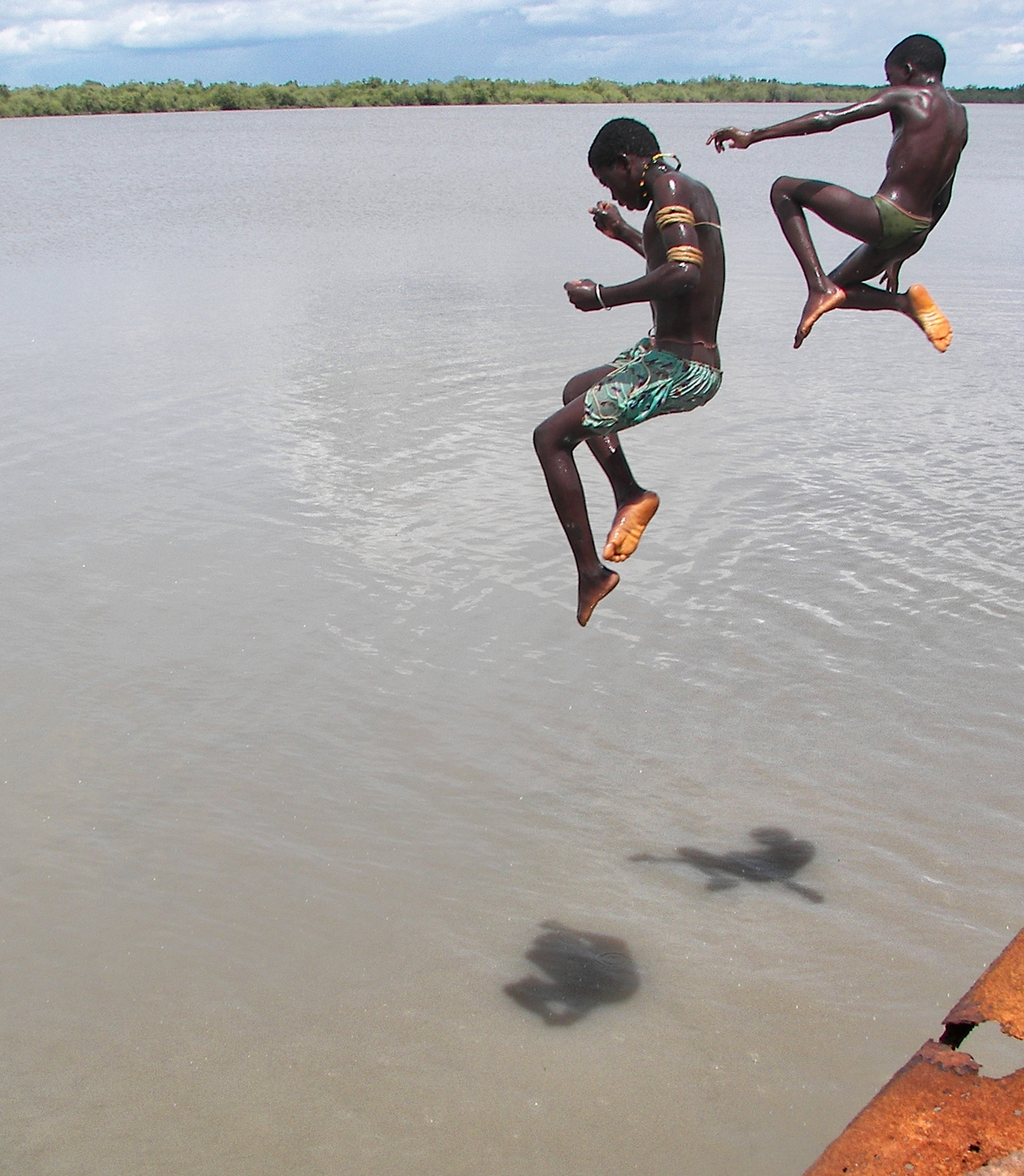
Capital: Bissau
A former Portuguese colony in West Africa, Guinea-Bissau was once known as the Slave Coast. Today, it is one of the poorest nations in the world, despite being a flashpoint in the Latin American-European drug trade. And yet, the unique collection of 88 islands off the coast, known as the Archipelago of the Bijagós, remains one of West Africa's hidden treasures, and has been designated a United Nations World Heritage Biosphere Reserve.
Kiribati
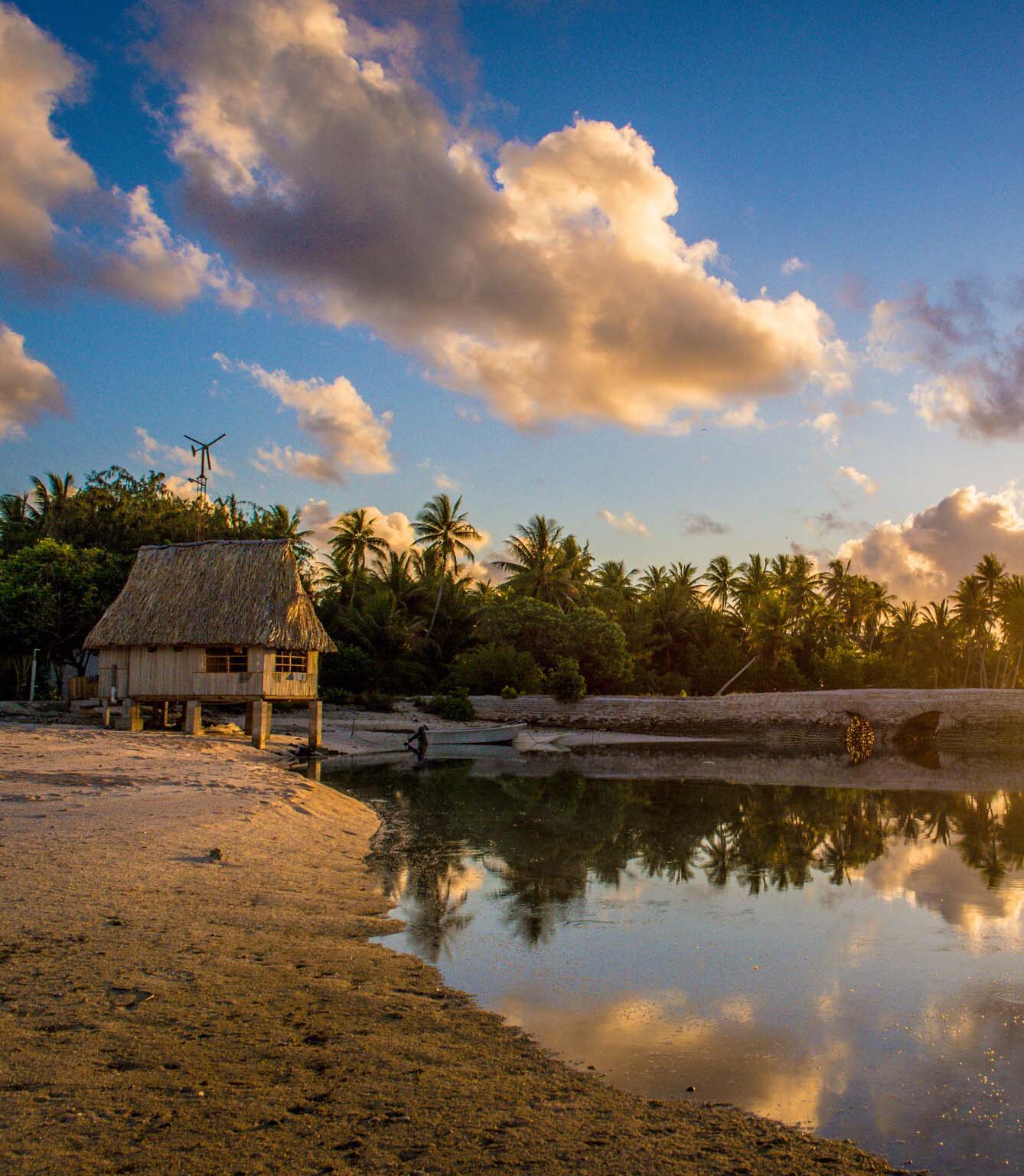
Capital: South Tarawa
This tiny Central Pacific Ocean nation of 33 islands has been getting a lot of press, for all the wrong reasons—it might very well be one of the first victims of global climate change. The situation is so dire that the government purchased land in nearby Fiji, in the event its population needs to flee. Until then, the pristine beaches, epic fishing and bird-watching keeps its residents, and tourists, thoroughly engaged.
Kyrgyzstan
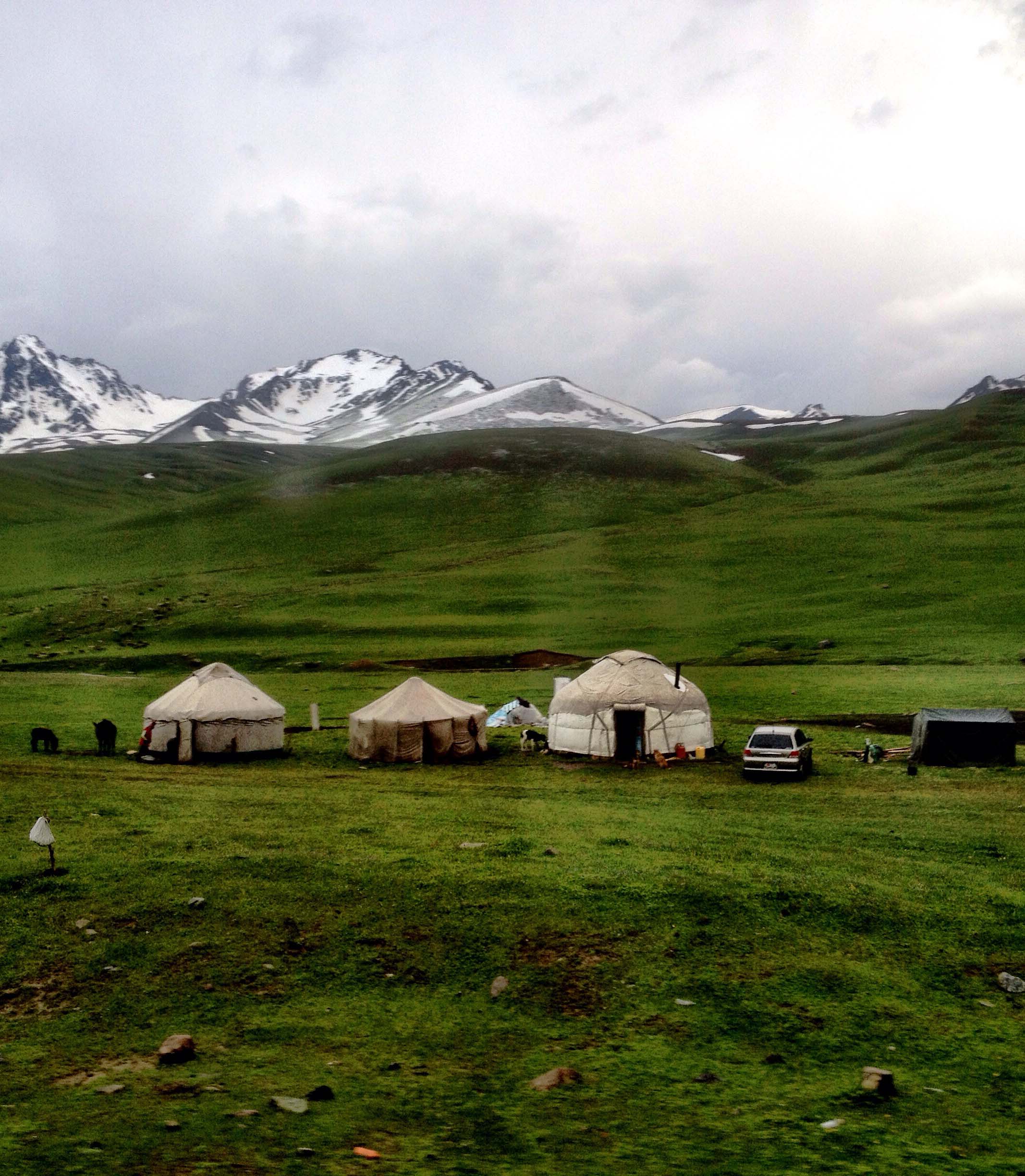
Capital: Bishkek
In the heart of Central Asia, along the storied Silk Road, Kyrgyzstan is one of the "Stans" that emerged after the fall of the Soviet Union. With the Tian Shan Mountains comprising 80 percent of the country's land, it's not surprising that Kyrgyzstan is known as the "Switzerland of Central Asia."
Nauru
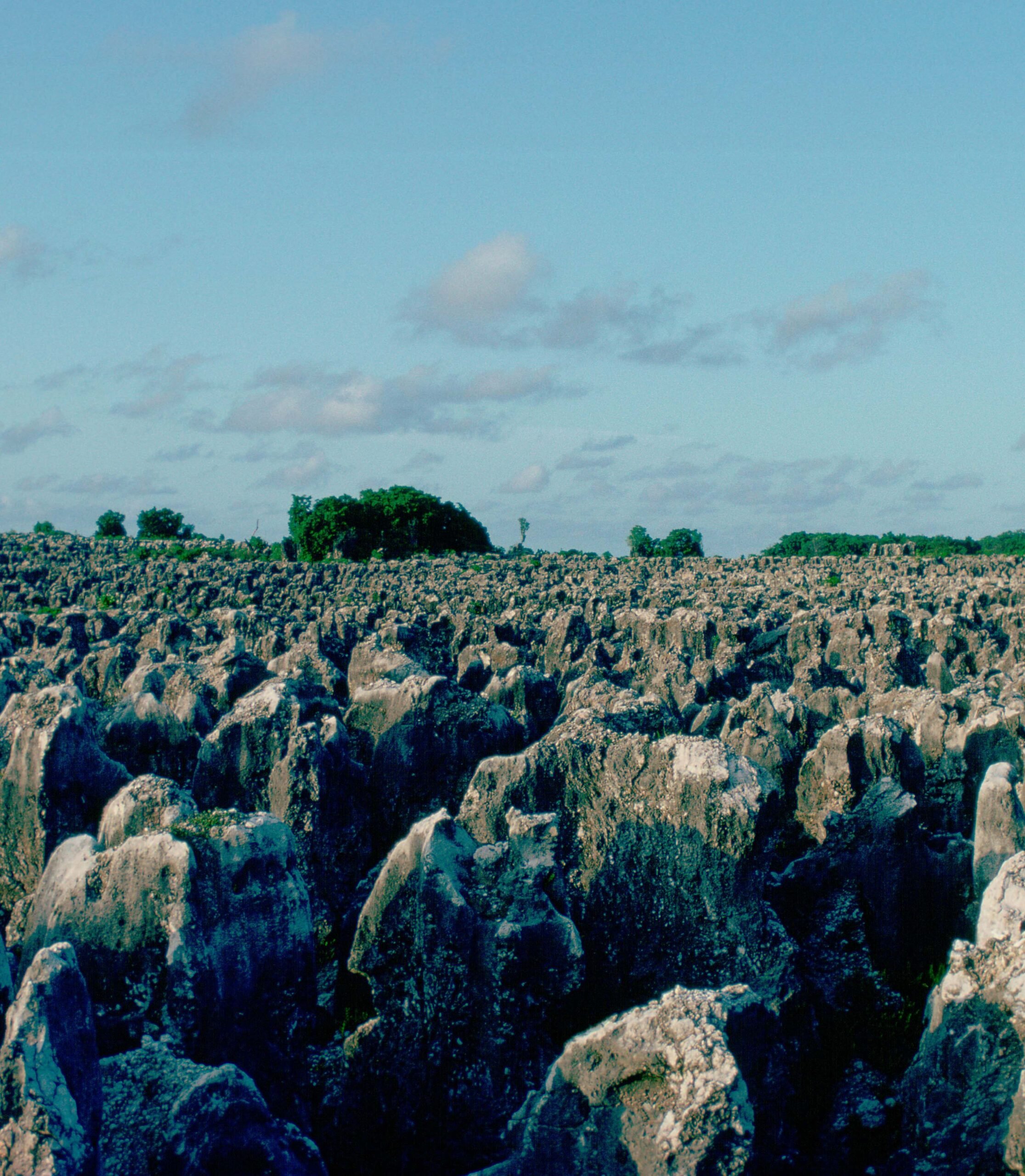
(No official capital)
At just eight square miles, Nauru is the smallest island nation in the world. After its heyday as a rich phosphate-mining country, it is now infamous as a weigh station for Australia's refugees and is the least-visited country in the world.
Palau
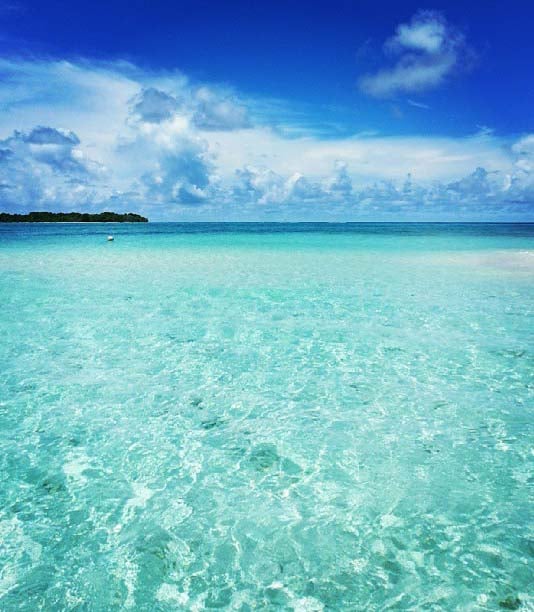
Capital: Ngerulmud
Part of Micronesia, in the Western Pacific Ocean, Palau is comprised of more than 250 individual islands. The country's domain, however, is spread across roughly 230,000 square miles of ocean, which makes it responsible for a wide swath of aquatic life. Known as the "the underwater Serengeti," Palau boasts surprisingly healthy coral reefs and is at the forefront of conservation and against illegal poaching of fish.
São Tomé and Príncipe
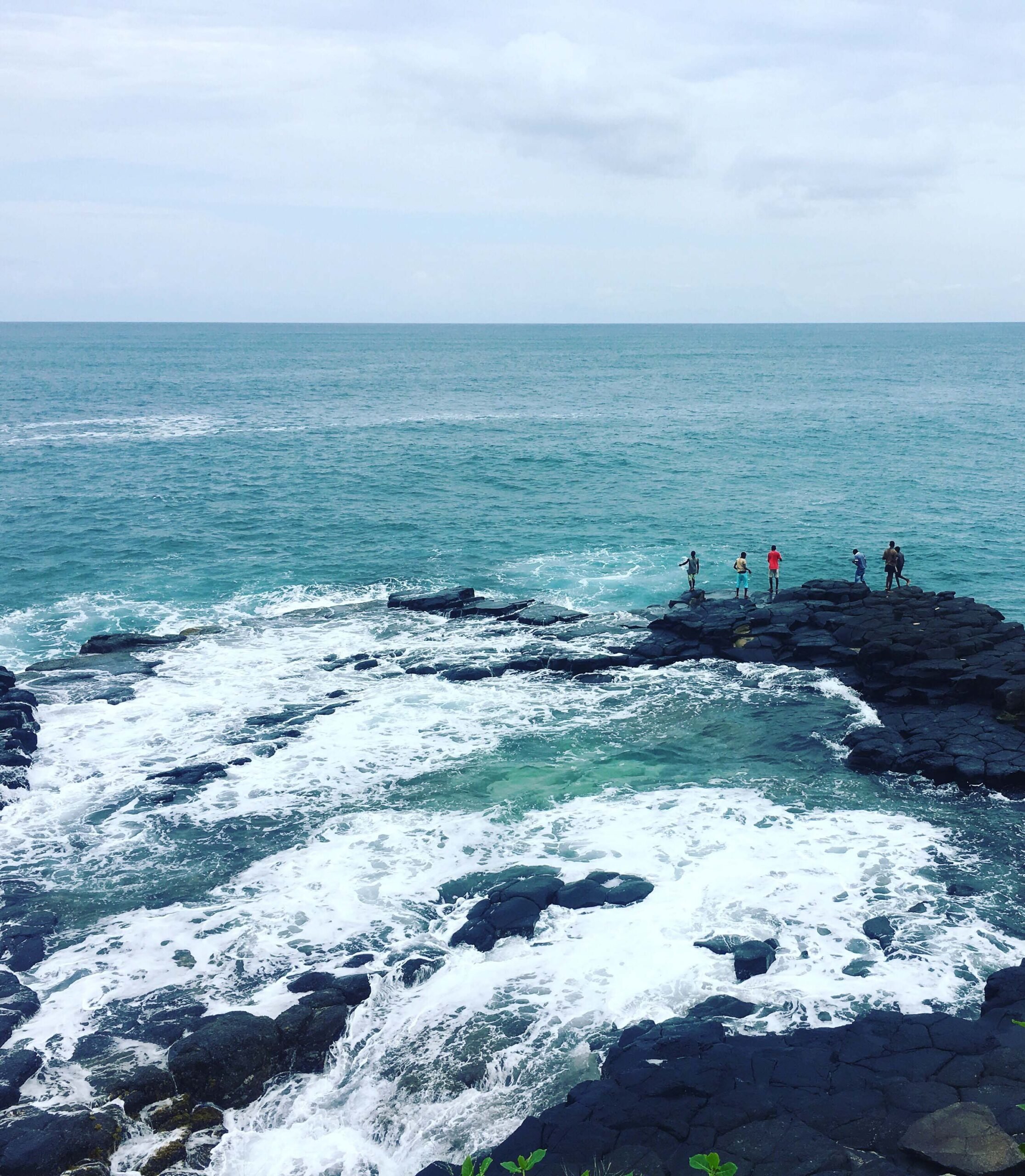
Capital: São Tomé
One hundred and forty miles off the coast of Gabon lies the nation of São Tomé and Príncipe, comprised of two volcanic islands and several smaller islets in the Gulf of Guinea. Once home to sugar, coffee and cocoa plantations, the islands are now prime destinations for ecotourism.
Tajikistan
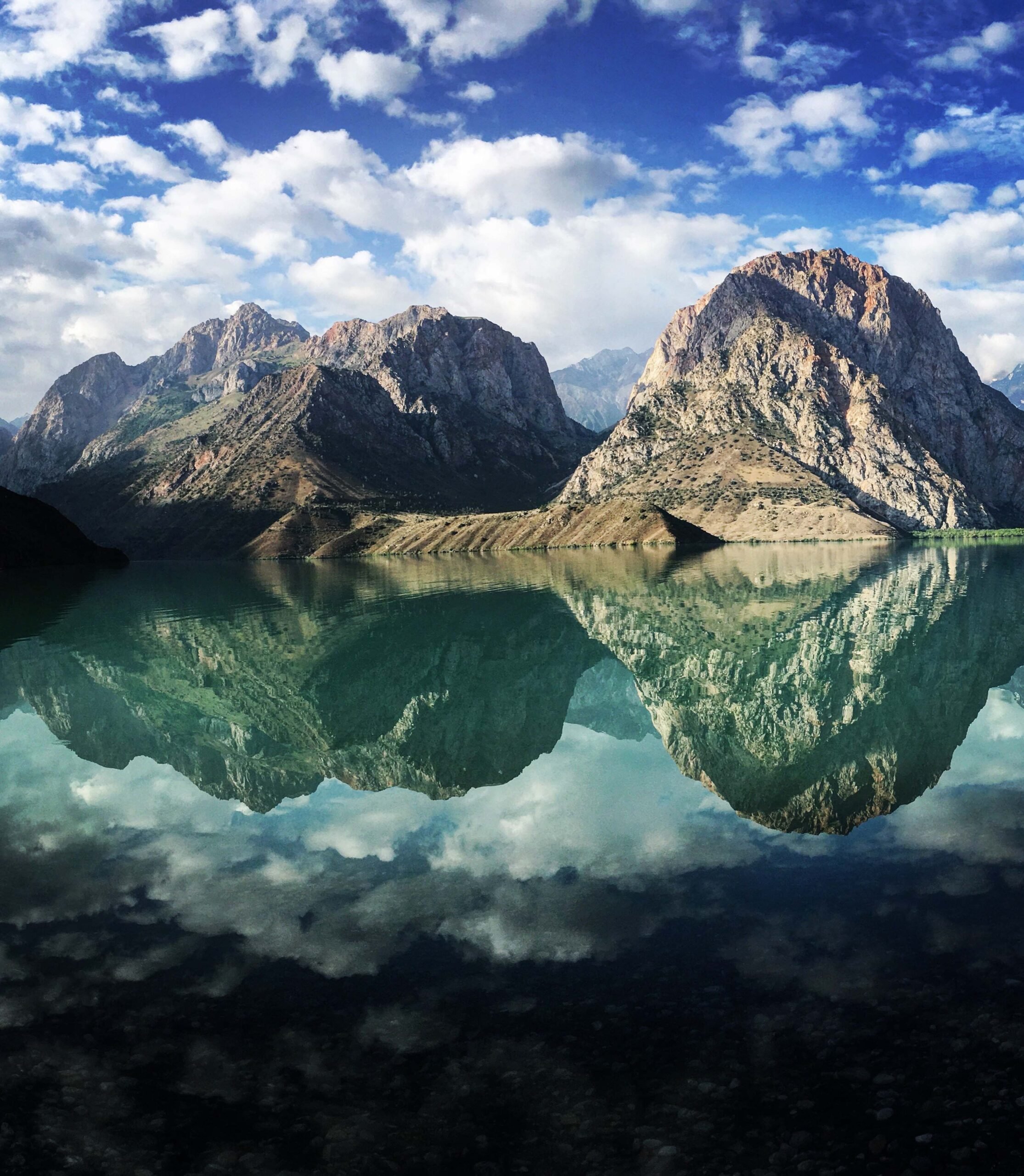
Capital: Dushanbe
Mountainous and remote, Tajikistan is the smallest of the Central Asian countries. After years of civil war, following the fall of the Soviet Union, the country remains economically dependent on Russia. And the mostly Muslim population is deeply conservative, thanks to its authoritarian-leaning leader.
Tuvalu
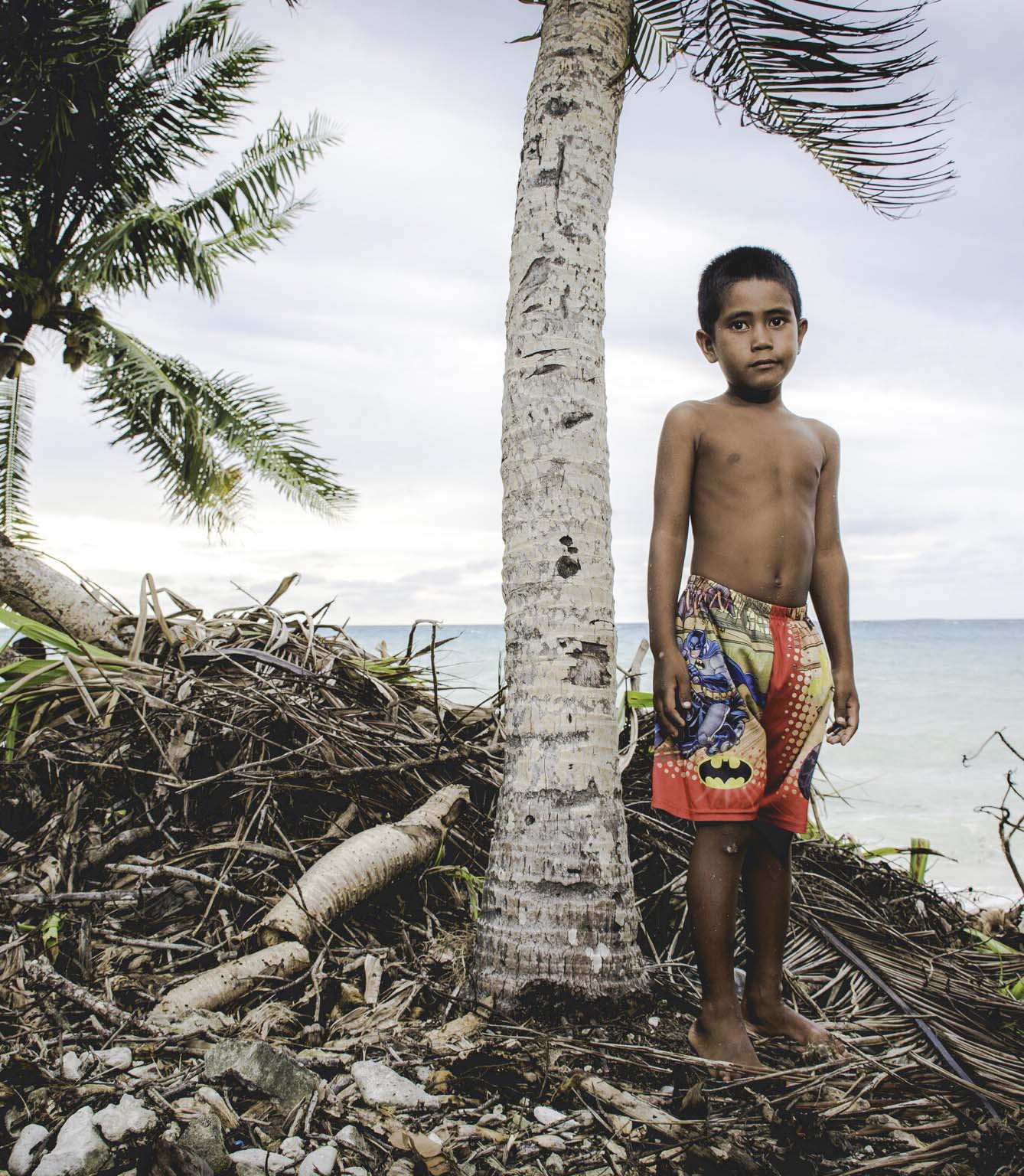
Capital: Vaiaku village, Funafuti province
Located halfway between Hawaii and Australia, Tuvalu is another small string of South Pacific islands deeply threatened by climate change. (At its highest, the country is only 16 feet above sea level.) One of the least-visited countries in the world, its nearest neighbor is the also lesser-known Kiribati.
Vanuatu
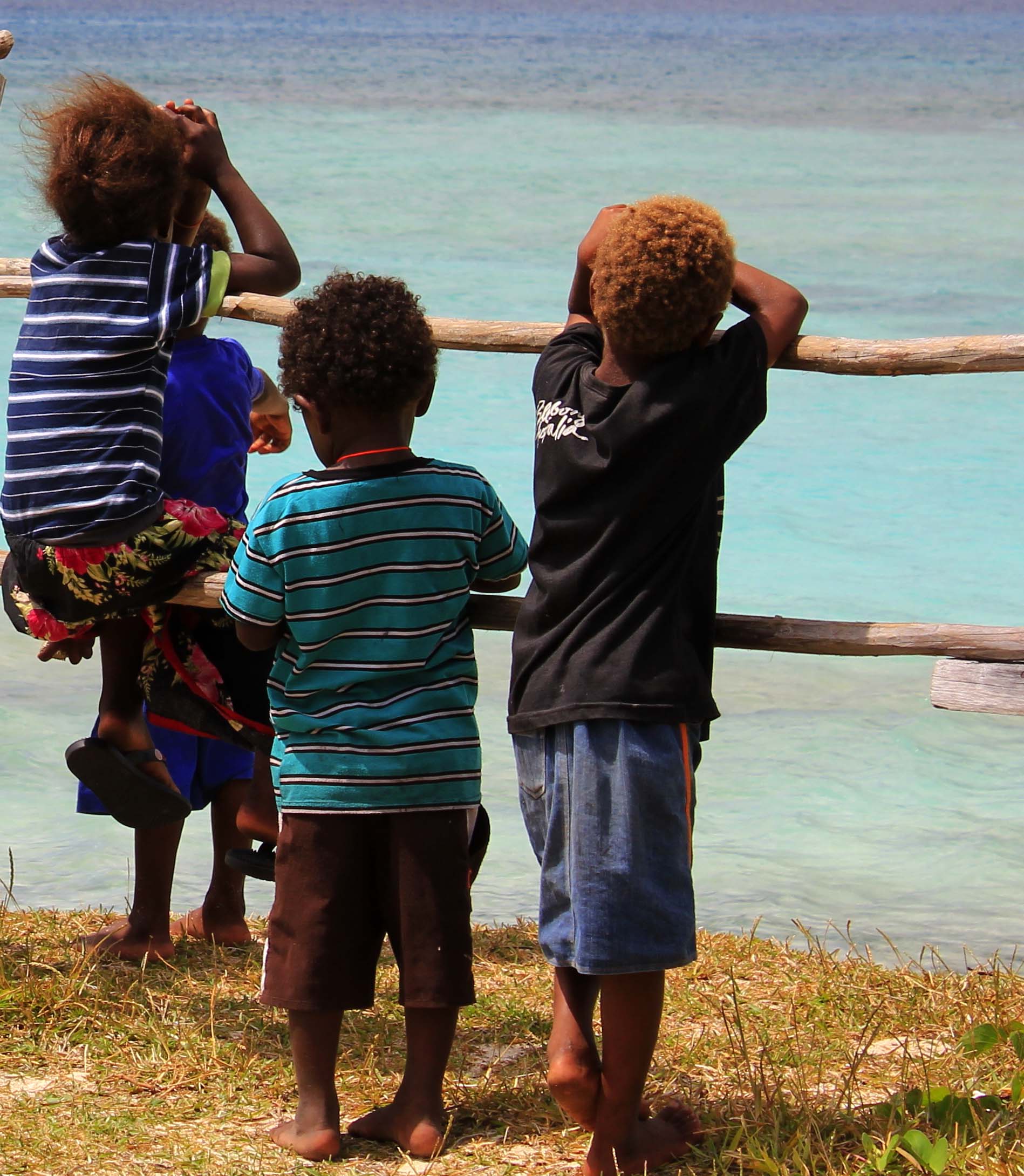
Capital: Port Vila
In Vanuatu, it is believed that the 80-plus islands that make up the island nation are family: Pentecost is the mother; Maewo, the father; and Ambae, the son. The island paradise, 500 miles west of Fiji, was once named the world's happiest place, and it's not hard to see why.




